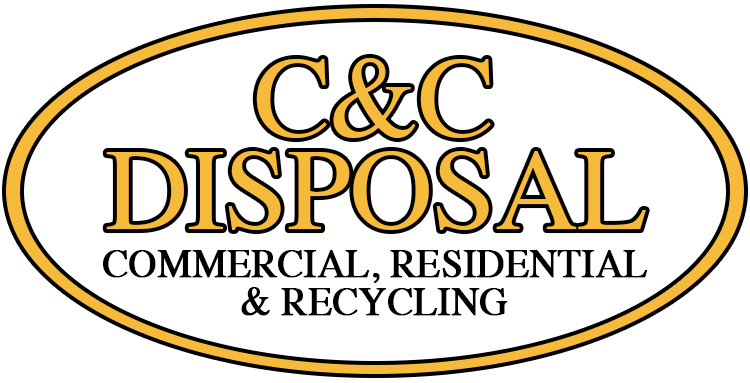
Plastic is one of the most important materials used in the world today because it is lightweight, durable and economical. Unfortunately, many of the things that make plastic desirable for use in products and packaging make it less desirable for the environment if disposed improperly.
Plastic does not degrade naturally in the environment and pollutes our land and waterways. It can and does harm wildlife and accumulate in our food chain. By recycling plastics, we can reduce pollution. At the same time, we extend the useful life of plastic by keeping it out of the trash and remaking it into new and useful products.
Which Plastic Should I Recycle and What About Those Numbers?
We used to look for a number surrounded by a recycling symbol to determine if a plastic container was recyclable. However, those numbers are actually resin codes used by the plastics industry to identify the chemicals used to make the container. The codes do not always mean that the item is recyclable.
Instead, we look at the shape of container to decide. And it is simpler than you think. In general, we can recycle any plastic container that is shaped like a bottle or jug. Bottles and jugs are accepted in all curbside and drop-off recycling programs.
Yes! Include these plastics in your curbside recycling:
Plastic bottles and jugs – this includes items like water and soda bottles, shampoo bottles, milk, water and juice jugs, laundry detergent jugs and bleach bottles. If it has a neck, it can be recycled.
Leave these plastics out of your curbside recycling:
- No Tubs
- No Bags and Film – plastic grocery and shopping bags, bread and sandwich bags, plastic wrap, bubble wrap
- No Cups, Plates and Utensils – plastic and Styrofoam™ cups, Solo® cups, straws, plates and utensils
- No Durables – plastic toys, furniture, buckets, hangers, flower pots
- No Produce Containers – plastic berry and lettuce clamshell containers
- No Styrofoam™ – cups, egg cartons, molded packaging, packing peanuts, take out containers, trays
- No Take Out Containers – plastic and Styrofoam™ fast food containers, lids and clamshell containers
- No Trays – plastic and Styrofoam™ bakery, meat and produce trays
Plastic Recycling Tips:
- Empty and rinse containers.
- Put the cap back on before recycling.
- Combine your plastic loose, not bagged, with your other recycling including cans, cartons, glass bottles and paper.
- Don’t just recycle in the kitchen, think laundry room and bathroom too.
Why Can I Recycle Some Plastics But Not All?
Right now, plastics recycling is limited to certain types of packaging due to global markets and the ability of our local material recovery facilities to sort and sell some plastics. Please support recycling by not putting other types of plastic into your recycling container. This includes yogurt cups, takeout containers and berry and produce containers.
There are some drop-off or mail-in programs available for certain items that cannot be recycled through curbside recycling. A materials recovery facility could choose to throw everything in the trash if there’s too much of the wrong plastics mixed in. Don’t let the good, recoverable plastics get thrown away too.

Recent Comments